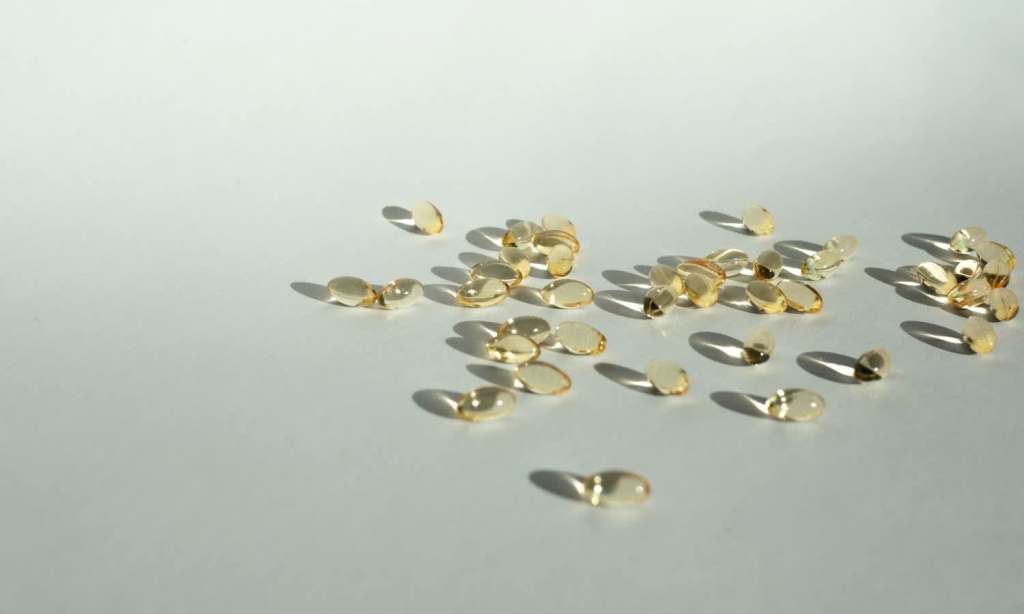While COVID-19 vaccines have started to be administered in the United States and the United Kingdom, it will be a while yet before the vaccine becomes commonplace around the world. Up until this point, there has been no treatment or cure for the virus, but some hospitals in the UK have taken to prescribing their patient’s vitamin D supplements in the fight against COVID-19.
According to The Guardian, two hospitals in the northeast of England used high doses of vitamin D after studies suggested that sufficient levels of the vitamin can play a central role in the immune and metabolic function, while also reducing the risk of certain community-acquired respiratory illnesses.
These findings have been disputed and while no official recommendation exists in the health guidelines in the UK, many doctors in the country have run with the idea that vitamin D could be helpful in the treatment of COVID-19. “Our view was that this treatment is so safe and the crisis is so enormous that we don’t have time to debate,” said Dr Richard Quinton, a consultant endocrinologist at the Royal Victoria Infirmary in Newcastle.
Studies around the world have continued to research this subject and so far, the results are promising. According to The Guardian, a small study of 66 people living in a nursing home in France who were also taking regular vitamin D supplements were found to have “less severe COVID-19 and a better survival rate” when infected. A slightly bigger study with 200 people in South Korea suggested that a deficiency of vitamin D could “decrease the immune defences against Covid-19 and cause progression to severe disease”.
With this in mind, it makes sense that doctors in the United Kingdom would prescribe vitamin D in supplement form given the lack of light the country receives for large parts of the year. In fact, according to The Guardian, in May 2020, Conservative MP David Davis urged the health secretary Matt Hancock to consider a free supplement scheme of vitamin D in order to reverse the widespread vitamin D deficiencies during the pandemic.
“All the observational studies show strong vitamin D effects on infectiousness, morbidity and mortality,” Davis told The Guardian. “This disease exists seriously above 40 degrees latitude, because that’s where the UV light disappears in the winter.”
Despite the growing evidence, no public health body has added vitamin D to its recommendations in treating or lessening the severity of COVID-19, which makes Davis, who also has a molecular science degree, extremely frustrated.
“If you’ve got something that could potentially save tens of thousands of lives – worldwide, hundreds of thousands, if not millions – and you say there’s not quite enough evidence, but it’s indicating in a positive direction, then you do something about it, don’t you?”
In an article for The Times, Labour MP Rupa Huq also pointed to countries where vitamin D levels were much higher, including in Finland where dairy products are fortified with the vitamin and New Zealand, where the supplement has been prescribed for all aged-care residents since 2011, saying that it was no coincidence that both countries had low rates of COVID-19 cases as well as related deaths.
“Recommending vitamin D is not a panacea but it is a potentially powerful additional tool in our armoury against coronavirus, near-halving the need for intensive care in hospitalised Covid-19 patients in a recent Spanish randomised controlled trial,” Huq wrote.
While more research is needed to verify whether or not vitamin D truly does lessen the severity of COVID-19, as Dr Quinton pointed out, it’s a safe treatment so whether or not it does have any effect on the virus, it won’t hurt you to try. Even Dr Anthony Fauci, director of the US National Institute of Allergy and Infectious Diseases, takes a vitamin D supplement, saying: “I would not mind recommending – and I do it myself – taking vitamin D supplements.”
Always check with your GP before adding supplements into your diet.
Read more stories from The Latch and follow us on Facebook.

